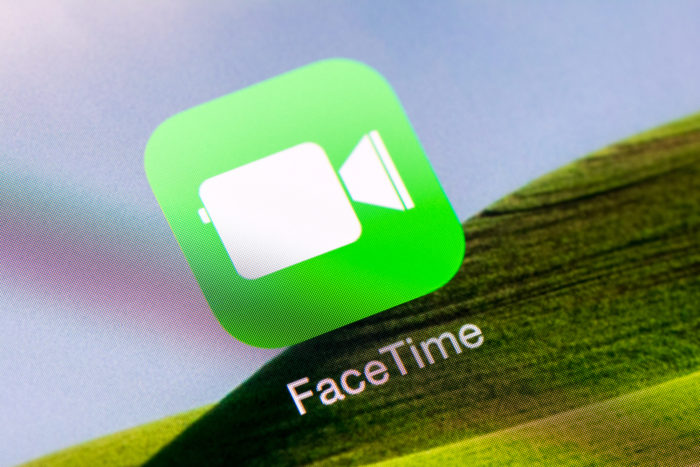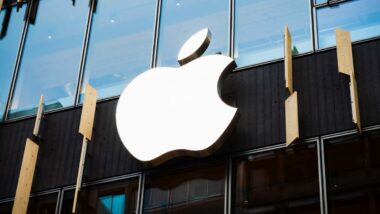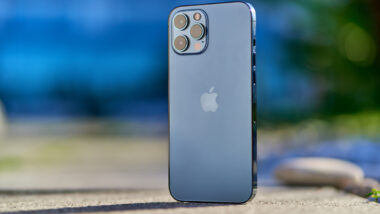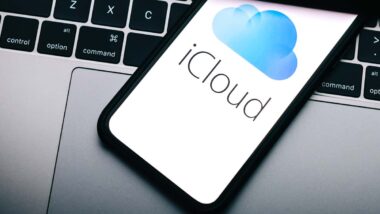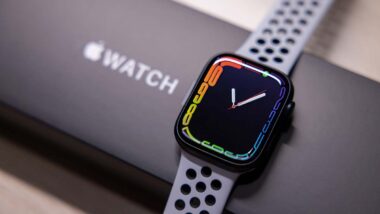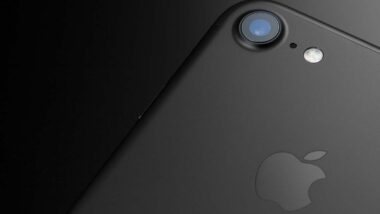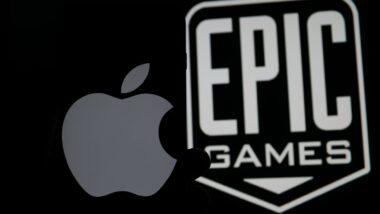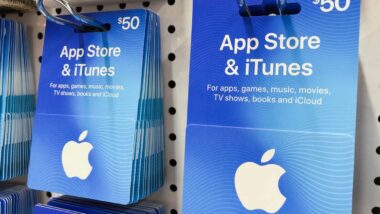Top Class Actions’s website and social media posts use affiliate links. If you make a purchase using such links, we may receive a commission, but it will not result in any additional charges to you. Please review our Affiliate Link Disclosure for more information.
UPDATE 4: November 2020, the Apple FaceTime class action settlement is now open. Click here to learn more.
UPDATE 3: On Aug. 21, 2019, a federal judge has rejected Apple’s bid to dismiss a class action lawsuit from customers who claim that the company intentionally prevented FaceTime from working with older operating systems.
UPDATE 2: On Oct. 4, 2018, Apple seeks dismissal of a FaceTime class action lawsuit alleging that it purposefully disabled the video chat feature on older iPhones.
UPDATE: On Sept. 18, 2018, California iPhone users won Class certification for their lawsuit claiming that Apple intentionally made FaceTime unusable on iPhones with older operating systems.
A California federal judge on Friday denied a motion by Apple Inc. to dismiss a class action lawsuit alleging it “broke” FaceTime on iPhones that used older operating systems, essentially forcing them to lose FaceTime or download a software update that slowed down the smartphone.
FaceTime is a feature that allows iPhone users to communicate with others via video calls. According to court documents, the iPhone 4 was the first version of the iPhone to include FaceTime.
Most FaceTime video calls would be made when both the caller and the call recipient were connected to the internet. However, when they were not connected to the internet, the caller and call recipient would be connected to a relay server from Akami Technologies. Akami reportedly charged Apple fees based on the amount of FaceTime calls that connected through its servers.
In Friday’s order, U.S. District Judge Lucy Koh determined that Apple’s decision to disable FaceTime on older versions of its operating systems was not covered in its software license.
“The portion of the software license that explicitly discusses FaceTime disclaims only that users of FaceTime ‘agree that Apple may transmit, collect, maintain and process’ certain personal identifiers of FaceTime users,” Judge Koh wrote in her order denying Apple’s motion to dismiss the FaceTime class action lawsuit. “The software license does not contain any disclaimers regarding Apple’s ability to disable access to FaceTime or remove FaceTime.”
While the judge acknowledged that it was reasonable for consumers to expect occasional interruptions in FaceTime, the plaintiffs allege that Apple intentionally and permanently disabled FaceTime on their iPhones, and that it was not practical for them to upgrade their iPhone 4 and iPhone 4S devices to the newer operating system. She found that the plaintiffs adequately alleged they suffered harm via a decrease in the value of their iPhone devices.
The FaceTime class action lawsuit was filed in February and accused Apple of attempting to save money on relay fees by issuing a newer operating system dubbed iOS7, which used non-relay technology for FaceTime video calls.
This iOS7 update, which was released in 2013, allegedly caused iPhone 4 and iPhone 4S devices to “buckle under the weight of the new software.” iPhone users who decided not to download the software upgrade continued to make non-relay FaceTime calls, and Apple allegedly decided to “break” FaceTime for iPhone users who were using iOS6 and earlier operating systems.
As a result, iPhone users were allegedly forced to choose between not using FaceTime or downloading an operating system that caused features to work slowly. The plaintiffs complained that they had to choose between being able to communicate via video with their friends and family or using an iPhone with diminished functionality.
The plaintiffs are represented by Allan Steyer, Jill Manning and D. Scot Macrae of Steyer Lowenthal Boodrookas Alvarez & Smith LLP, and Bruce L. Simon, Daniel L. Warshaw and Alexander L. Simon of Pearson Simon & Warshaw LLP.
The iPhone FaceTime Class Action Lawsuit is Christina Grace, et al. v. Apple Inc., Case No. 5:17-cv-00551, in the U.S. District Court for the Northern District of California.
ATTORNEY ADVERTISING
Top Class Actions is a Proud Member of the American Bar Association
LEGAL INFORMATION IS NOT LEGAL ADVICE
Top Class Actions Legal Statement
©2008 – 2024 Top Class Actions® LLC
Various Trademarks held by their respective owners
This website is not intended for viewing or usage by European Union citizens.

